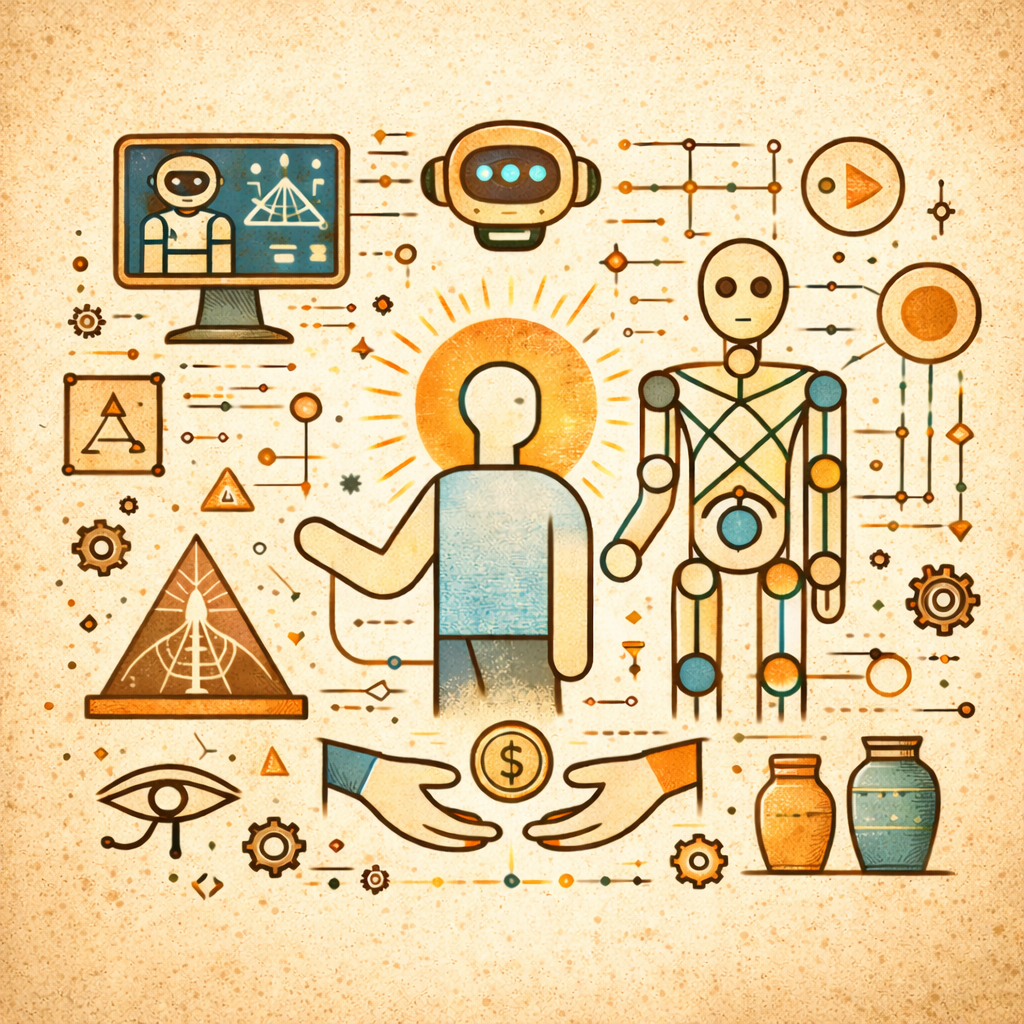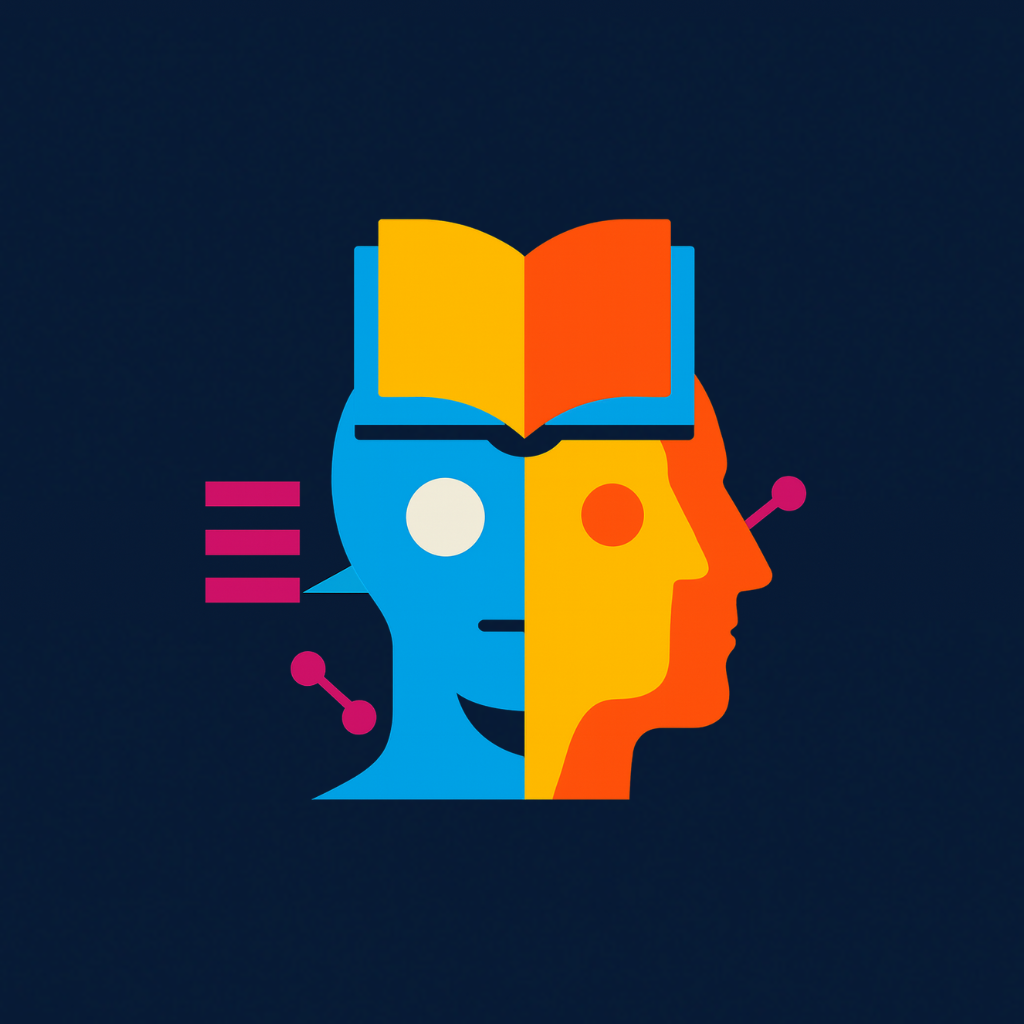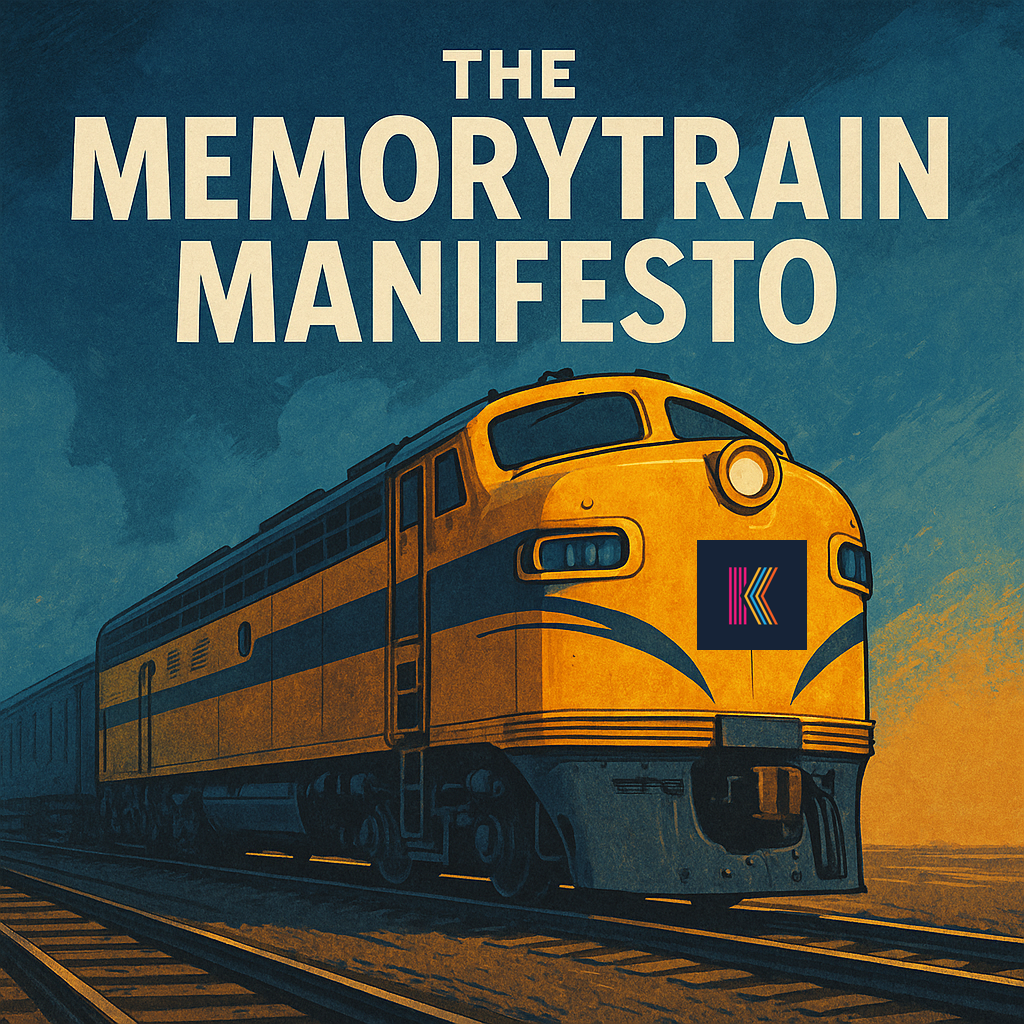The AI Memory Economy
The future of AI isn't about who builds the smartest model; It's about who controls the memory. Right now, your conversations with ChatGPT vanish into the corporate ether, your carefully curated prompts feed someone else's bottom line, and your digital brain gets lobotomized every time you start a new chat. But imagine if your AI's memory was actually yours — portable, persistent, and profitable. What if the vector databases that store your AI's knowledge weren't locked away in some giant server farm, but sitting in your pocket like a digital sommelier. This is the AI Memory Economy, and it's about to turn the entire industry on its head.

The Expertise Rental Market
Here's a few ways how this plays out: Marc Andreessen could package his entire investment thesis — every deal memo, every pattern he's recognized, every red flag he's spotted — into his personal Kinic AI Memory and rent RAG access to his existing followers for $4.99 a month. You already follow him on X, you already trust his judgment — now you can literally query his investment brain or his personal reading list. Gordon Ramsay's culinary knowledge base becomes accessible to the chefs who already respect his expertise. You don't need to discover some random local top ten food list— you rent access to the people whose taste you already trust.
We get even more magic when these personal knowledge stores start collaborating. Picture this: you and your wife each have your own Kinic database where you've been storing date night ideas, restaurant discoveries, and those random "we should try this" conversations. Now you can run RAG queries that pull context from both your databases simultaneously — "What would be a perfect date night that combines my love of obscure cocktail bars with her fascination for interactive art experiences?" The AI doesn't just give you a generic recommendation; it pulls from your actual stored discoveries to suggest something uniquely you.
Or imagine brainstorming with your team where everyone's personal knowledge base becomes part of the creative process. Your designer's database of visual inspiration collaborates with your developer's collection of technical solutions and your marketer's repository of campaign insights. When you ask "How can we make this feature more engaging?" the AI is pulling context from everyone's real research. You're not just accessing information — you're tapping into the collective cognitive patterns of your team.
The intimacy of this is what makes it powerful. These aren't public tweets or LinkedIn posts — they're private collections, for half-formed ideas, the "what if we tried..." moments that actually drive innovation. When your personal knowledge stores can collaborate while remaining under your control, you get collective intelligence without privacy trade-offs.
The AI Memory Economy is revolutionary. Instead of selling a course once, experts monetize ongoing access to their evolving knowledge base through their personal, blockchain-secured vector database. Every new insight, every refined framework, every learned lesson gets vectorized and becomes instantly queryable by subscribers. And because these databases run on blockchain infrastructure, they're tamper-proof, truly owned by the expert, and can't be held hostage by platform changes or corporate decisions. The AI Memory Economy doesn't just democratize access to expertise — it creates a new asset class where thoughts and curation become rentable, verifiable resources.
The Ownership Problem
The AI Memory Economy hits a wall in traditional Web2, not because these platforms are malicious, but because of how they're fundamentally structured. Sure, millions of people trust Google and Amazon with their data every day — and for good reason. These are reliable, well-run companies. But here's the structural problem: when your AI Memory lives on their servers, the business model creates inevitable conflicts of interest.
Even if you trust these companies completely, you're still a tenant, not an owner. And deep down, that changes how you behave. You might store your vacation photos on Google Drive, but would you upload your proprietary trading algorithms to a database where the terms of service could change tomorrow? Would Gordon Ramsay put his secret recipes on servers where a new CEO might decide to monetize recipe data differently next quarter?
It's not about trust — it's about incentives. These platforms need to extract value from your data to justify their infrastructure costs. That's not evil; it's business. But it means your most valuable insights — the ones that could command premium prices in an AI Memory Economy — stay locked in your head or your local files, never making it into the collaborative knowledge ecosystem where they could create real value.
Kinic exists because we cracked problems that didn't have solutions until now. We built WASM-based vector databases that run directly on blockchain infrastructure — no corporate overlords, no terms of service changes, no sudden shutdowns. Your data lives in smart contracts that you control with WebAuthn biometrics.
We also created novel zero-knowledge proofs specifically for WASM and machine learning that let you prove traits about your AI Memory without exposing the underlying data. Want to prove your investment thesis has a certain success rate without revealing your portfolio? Done. Want to demonstrate your knowledge base covers specific domains without showing your sources? Easy.
The Job Creation Revolution
Everyone's panicking about AI stealing jobs, but they're missing an important point of the plot. This is the same hysteria we've heard before — when computers were going to eliminate all office workers, when the internet was going to destroy retail, when smartphones were going to kill entire industries. Spoiler alert: disruption leads to new things. They created entirely new categories of work that nobody saw coming.
Think about it: twenty years ago, "social media manager" wasn't a job title—it was a combination of words that made no sense. "App developer" sounded like science fiction. "SEO specialist" would have gotten you blank stares at a career fair. The internet didn't just move existing jobs around; it spawned millions of roles that literally couldn't exist before. Ever hear of “Prompt Engineer” before 2020s?
The AI Memory Economy is about to do the same thing, but it's not creating fancy new job titles — it's letting the people you already follow monetize what they know. That friend who always has the best restaurant recommendations? The colleague whose technical insights you actually respect? The influencer whose travel advice hasn't steered you wrong? Instead of scrolling through TripAdvisor reviews from strangers, you can query the AI memory of people whose judgment you've already validated.
Your neighbor who's lived in the city for thirty years isn't competing with some faceless aggregator — she's serving the people who already know and trust her local expertise. The discovery problem disappears because you're not searching for random experts; you're accessing the knowledge of people who are already in your network, whose credibility you've already established through real relationships and proven track records.
Think about the fitness trainer who's worked with hundreds of clients and remembers exactly which exercises work for specific body types and injuries. Or the local handyman who's solved every weird house problem in your neighborhood and can instantly recall which contractors are worth calling. These people aren't going to become 'RAG optimization specialists'—they're going to keep doing exactly what they're doing, except now their accumulated wisdom becomes a passive income stream.
The beauty is in the ordinariness of it. Every hobbyist who's spent years collecting vintage guitars, every parent who's navigated special needs resources, every small business owner who knows their supply chain inside and out — they all have valuable, searchable knowledge that people would pay to access. The AI Memory Economy isn't going to eliminate human expertise or create fancy new professions — it's going to let normal people finally get paid for being really good at the things they're already really good at.
It eliminates the cold start problem entirely as a consumer— you're not trying to evaluate unknown "experts" or top-ten lists, you're just getting better access to the people you already follow and trust.
What's Next?
Here's what you need to do: Start using the Kinic browser plugin today. Every bookmark you save, every note you take, every insight you capture is going into your personal AI Memory that lives on blockchain infrastructure. You're not just organizing information — you're building a valuable asset that could become a revenue stream tomorrow. That random collection of industry insights you've been accumulating? Those restaurant recommendations your friends always ask for? The troubleshooting knowledge you've picked up over years of experience?
All of it becomes searchable, shareable, and monetizable — BY YOU — in the future.
The Kinic team is building and tackling the world changing tech to enable this. We live it everyday.
The future belongs to the people who see it coming. Don't be late to the AI Memory Economy revolution.







